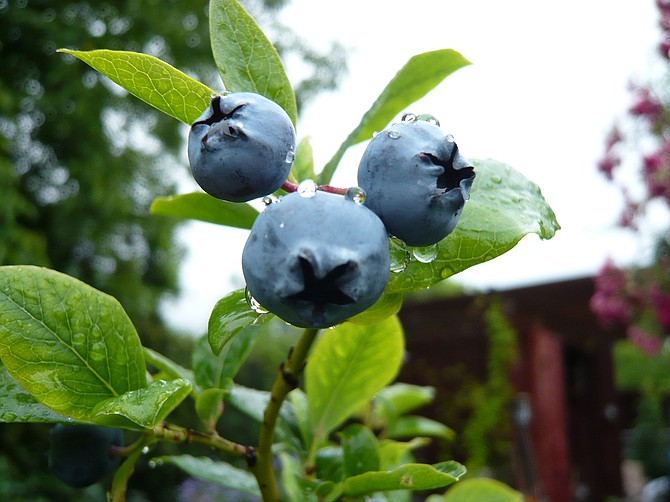While Arbor Day in Mississippi is in the spring, many experts contend that the best time for planting trees may actually be in the fall.
New roots can develop when the soil temperature is above 45 degrees Fahrenheit. Planting in the fall allows the trees to develop roots before going dormant during the winter.
Budding can stress trees with inadequate root systems, so, if you are going to plant a tree, it’s best to do it soon, to allow plenty of time for roots to develop.
Grist magazine reports that urban forests featuring heirloom and indigenous varieties are the next wave of urban agriculture (jfp.ms/Grist). What many Mississippians may not know is that the Magnolia State is ahead of the curve on this, and Jackson foremost.
Mississippi has an established resource with The Edible Forests of Mississippi, an orchard program developed and administered though the Mississippi Urban Forest Council (full disclosure: I serve on the board of directors of MUFC). Its teaching project is the Jesse Gates Edible Forest on Bailey Avenue at Wells United Methodist Church, providing a model for cities across the state, homeowners and community garden groups.
And the Council’s webpage offers a toolkit to follow, at msurbanforest.com/edible_forest. But, there is no reason to stay strictly to the orchard model, as at Wells. Homeowners (and others) can create smaller “savanna” type food trees and shrubs to fit in with their established gardens. Think small, understory-type trees that can thrive in moderate shade.
Groups might consider a permaculture model. True permaculture is planting a variety of natural plants that require minimal care with little or no soil disturbance to provide food. It would work well with establishing or established community gardens to provide a mixed variety of food sources.
Mississippi State University Extension experts say that the easiest fruits to grow are blueberry, fig, Oriental persimmon and blackberry. Pecan, strawberry and pear are considered moderately hard to grow; peach, apple and plum are the most difficult in regard to spraying, watering, pruning, etc. For more information, see: http://msucares.com.
Jim PathFinder Ewing’s new book, “Conscious Food: Sustainable Growing, Spiritual Eating” (Findhorn Press), is in bookstores now. Find Jim on Facebook, follow him @edibleprayers or visit blueskywaters.com.
Expert Advice:
Fruit and vegetable experts will offer their tips and advice at the Mississippi Fruit & Vegetable Growers Conference & Trade Show in conjunction with the Mississippi Agritourism Association, Nov. 28 and 29 at the Hilton Jackson on County Line Road. For more information, visit: msfruitandveg.com.
Suggested Reading:
An excellent source for ideas is Edible Forest Gardens: The Ecology and Design of Home Scale Food Forests, a website based on the two-volume set, “Edible Forest Gardens” by David Jacke, (Chelsea Green, 2005, $150 for set). Visit the site at edibleforestgardens.com.



Comments
Use the comment form below to begin a discussion about this content.
comments powered by Disqus